499 Search Result(s) for: “venezuela”

Ilhan Omar Should Wear Her Expulsion From the House Foreign Affairs Committee as a Badge of Honor
Ilhan Omar has been kicked off the House Foreign Affairs Committee. The move is a backhanded acknowledgment by her enemies of her unusual effectiveness as a critic of the hypocrisies of US foreign policy.

Bernie Sanders’s Interrogation of Howard Schultz Made Democrats Pick a Side
Bernie Sanders’s grilling of Starbucks’s union-busting billionaire Howard Schultz put a CEO in the hot seat on a national stage. It also forced Senate Democrats who might rather stay on the Democratic donor's good side to denounce his flagrantly illegal behavior.

A Killer in the Castle
What actually happened to Nepal’s royal family on June 2, 2001?

How the Chicago Boys Broke Chile
Conservatives cast Chile as a success story in which the neoliberal economists known as the “Chicago Boys” reversed reckless socialist experimentation. This whitewashes the horrific crimes of Augusto Pinochet and the precarity his policies normalized.

Maurice Bishop Knew Why He Was Dangerous
On the 40th anniversary of his murder, we remember socialist revolutionary Maurice Bishop and his June 1983 trip to New York.

The World Will Have to Pry Oil Production From Alberta’s Cold, Dead Hands
Danielle Smith, the premier of Alberta — home to Canada’s tar sands — is fiercely contesting the world’s shift to cleaner energy sources. The fossil fuel industry reigns supreme in the province, and Smith is doing her best to prevent a just transition.

Florida’s “Communism Task Force” Is Absurd Red-Baiting
Republicans in Florida’s legislature don’t think enough is being done to indoctrinate children in the Sunshine State against the dangers of communism. Frankly, it’s a little heartening that they’re this worried about a socialist resurgence.

The ANC’s Double Bind
After losing its parliamentary majority for the first time, South Africa’s African National Congress is scrambling to form a coalition government. Its options are bleak.
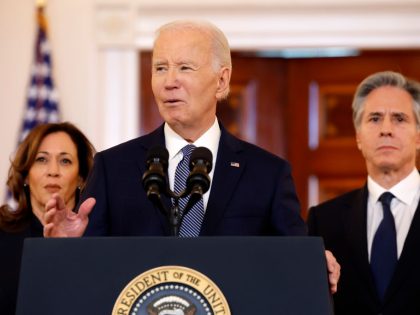
On Foreign Policy, Biden Leaves a Global Trail of Destruction
There is no ambiguity about President Joe Biden’s foreign policy record: it was bloody, and it was disastrous.
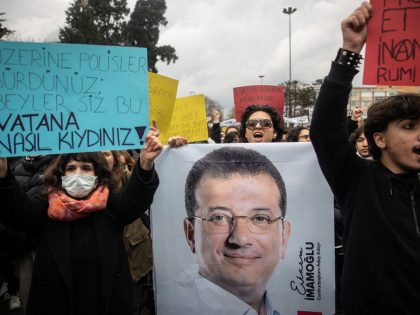
Turkey’s Authoritarian Turn
Yesterday Turkey’s president, Recep Tayyip Erdoğan, oversaw the imprisonment of Istanbul’s mayor, Ekrem İmamoğlu. In jailing his political rival, Erdoğan has joined a global club of authoritarian leaders unwilling to tolerate challengers of any kind.

The Far-Right Origins of Donald Trump’s Self-Deportations
Donald Trump has aggressively pushed migrants to self-deport. It is a strategy the Republicans have learned from the global far right, which has sought to circumvent human rights by creating a hostile environment for immigrants.

Louisville Meets Trump’s Deportation Threats With Solidarity
In March, the Trump administration revoked the legal status of 532,000 Latin American immigrants here under the “humanitarian parole” system. Affected workers in Louisville, Kentucky, have seen an outpouring of support from the local labor movement.

Subway Cleaners in NYC Just Won Millions in Back Pay
About 450 immigrant workers hired to disinfect New York City’s subways at the height of the pandemic were given inadequate equipment and paid less than the city’s prevailing wage. They have now won more than $3 million in back pay.
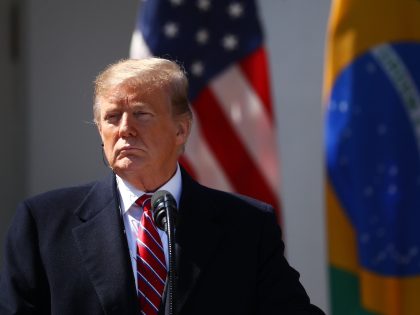
Why Trump’s Attempt to Bully Brazil Is Falling Flat
In solidarity with the recently imprisoned former president Jair Bolsonaro, Donald Trump levied tariffs of 50 percent on Brazil. He is quickly learning that the US’s influence is weaker than he thought, thanks largely to Brazil’s growing ties with China.
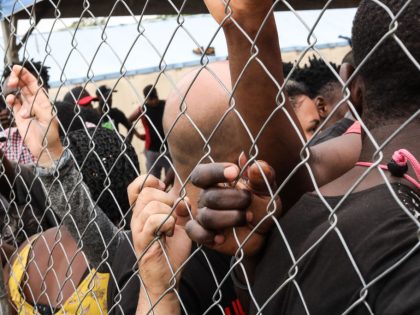
My Time in Mexico’s Largest Immigration Detention Center
Nabbed at the airport, I was thrown into Mexico’s largest immigration detention center. There I learned from my fellow detainees about the terrible secrets and horrible violence of the Darién Gap, the global epicenter of the migrant crisis.
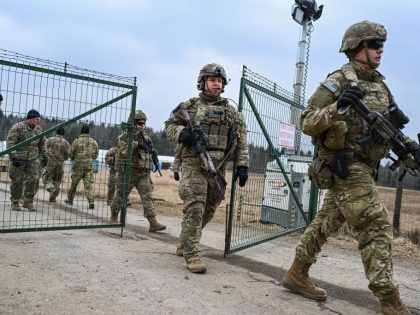
The American People Don’t Want a Bigger Military Budget
Only one in ten American voters want a bigger military budget. Congress keeps approving massive spending increases anyway, as it did when it voted for a nearly $1 trillion military budget last week.
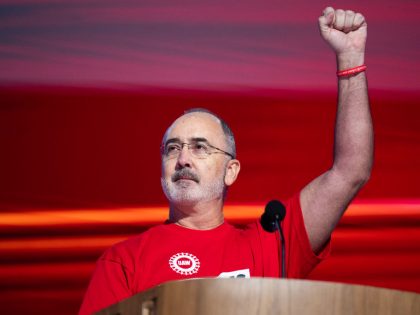
A Guide to the Big Left and Labor Fights in 2026
An essential part of ringing in the New Year will be preparing for the major political struggles of 2026. Here’s a month-by-month roundup of the key union fights, elections, and other events of note for the Left.
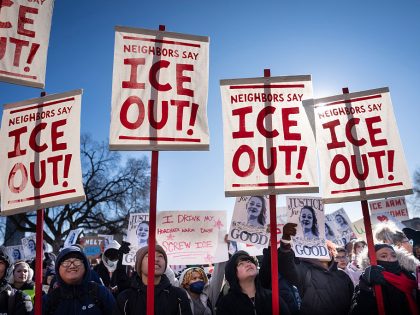
A Mass Strike in Minneapolis Against ICE?
General strikes don’t happen very often in the United States. But in the face of widespread anger at ICE abuses and the murder of Renee Good, the Twin Cities’ labor movement is moving toward organizing one at the end of this week.
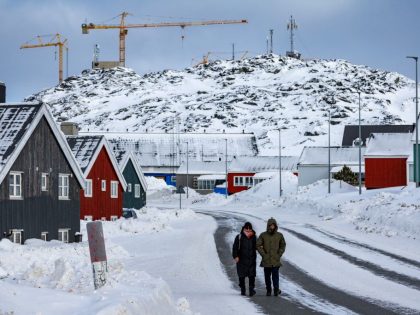
Trump’s Greenland Push Is About Global Power, Not Resources
The Trump administration says it wants Greenland for its natural resources. But that’s largely fantasy: while the island has critical minerals and fossil fuels, there’s almost no infrastructure to extract them. The real motives are likely geopolitical.